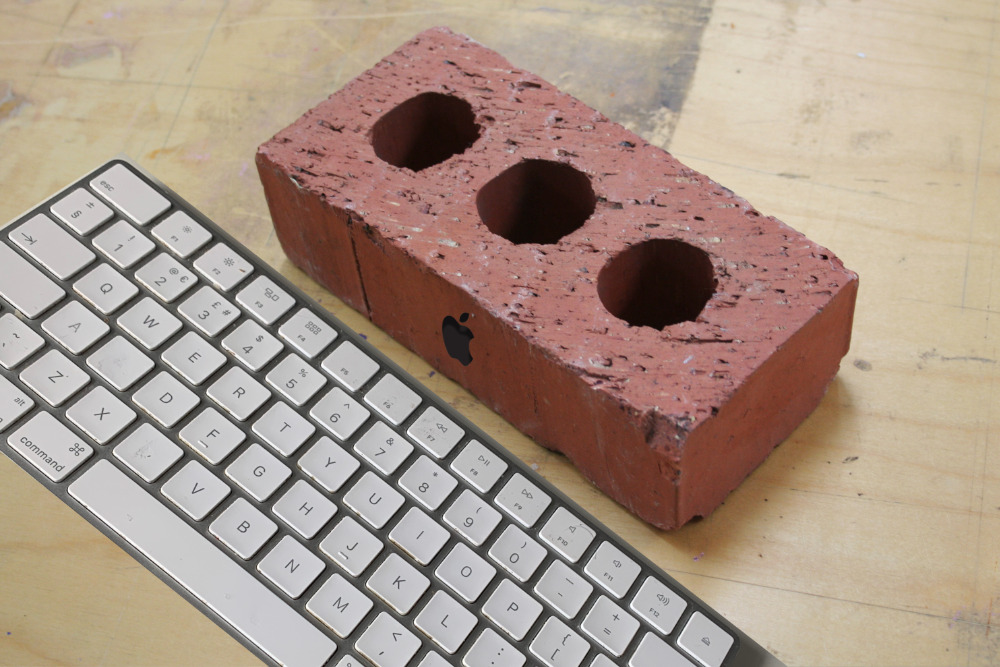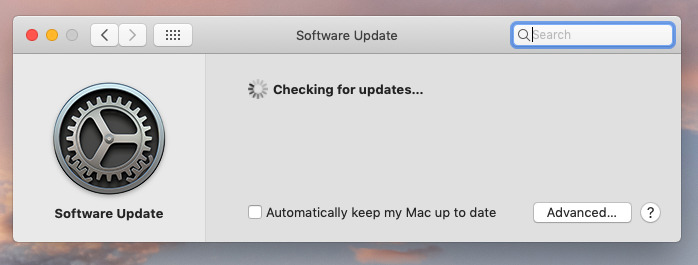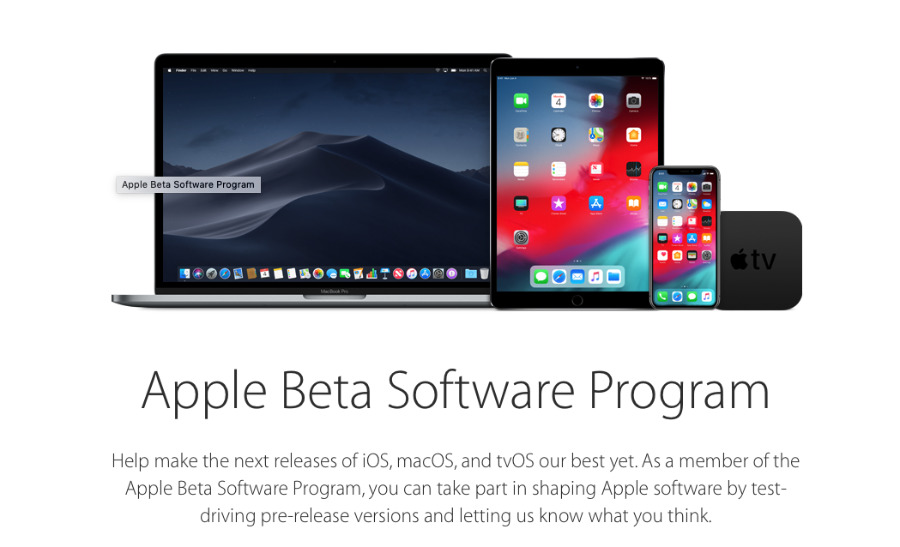Don't risk your Mac or its data just to try out the macOS Catalina beta
Yes, it's extremely tempting, and you can't have left this year's WWDC keynote without wanting to get macOS Catalina immediately. Yet the risks of using major beta software are always great — and this year, they are much worse.
Editor's note: We ran this piece just after the developer betas for Catalina shipped. Now that the public beta has launched, it seems prudent to do so again. While you can set up an APFS container or run the drive on an external, that is no guarantee that the beta won't reach across to your non-beta partition, and cause problems there as well should something go terribly awry. That happened from time to time in early Mojave betas, and it can happen on Catalina too.
And, as a point of fact, Apple is still advising most users to not run the beta.
We've all ignored this advice before, but for once, don't go near the macOS 10.15 beta when Apple releases it now for developers, or later for the public. This is by no means a criticism of 10.15, and it is of course entirely because all beta software is risky. Yet this time, it's much more dangerous to your data than usual.
That's because some of the problems you are definitely going to hit are not chance bugs that Apple will address in a further beta update. Some of them are going to be problems that will never be fixed.
For among the many new features and benefits that we now know macOS 10.15 is going to bring us, there is the fact that it is taking away 32-bit apps. Developers have had years of warning, and so have we all, but this is it.
When you install macOS 10.15, your older 32-bit apps will cease to work at all.
Some 32-bit app developers will have waited until now to do anything about it. So you can be quite sure that some will update their apps to work with the new macOS 10.15. Only, give them a chance.
And we also refer you to this business of them being warned the end was coming for years and years. The ability to make a 64-bit app has literally been available for over a decade.
It's not just 32-bit apps
If you've already checked to see which 32-bit apps you had, and if you've replaced them with 64-bit ones, still don't do it.
Unless you are a developer, there is no practical reason to install any beta of macOS at all. Even though there are excellent new features and we all want them right now, those same features are unlikely to be in quite their final form. If nothing else, the final release of macOS is likely to perform much better and faster than its beta ones.
Remember that while we tend to regard beta software as an early peek at new features, the entire purpose of them is really to find problems. The hope is that by having hundreds of thousands of people trying out the software in real-world jobs, Apple will discover problems that it can then fix ahead of the final release.
We can all be grateful to those people, but that doesn't mean we have to be one of them.
On the money
Much as we like the sound of macOS 10.15, the fact is that what we like most is using our Macs. These are the tools that we use for our work and they are the tools that we enjoy.
We won't enjoy them quite so much if the tools break during a beta. If a problem comes up as you're using a beta of macOS, you will surely lose the data you're working on at that moment. You may also lose all your locally-saved data, depending on the problem.
And while it's unlikely, especially when Apple brings out the public beta, it is literally possible to make your Mac cease working. You've heard the stories of beta software bricking Apple Watches, breaking them so badly that Apple ultimately replaced them.
And, if you have a problem with your Mac that requires talking to Apple about it, they won't help you until you roll back to macOS 10.14 or earlier.
Macs are better
There is less chance of a Mac being bricked because of a problem, and that's partly because of how you could prepare for it. You've picked up on the subtle inference here that we know you shouldn't use beta software, but there will be people who do. There will be people who partition their Mac storage in order to create a separately bootable drive and let them try the new beta out.
Let them.
At the very best, you end up going to all this trouble in order to protect your current Mac setup and your current work, when you could do the same thing by just not installing the beta.
At the worst, you might be using a different bootable drive, you might be working with a beta and different copies of your app, but you could still be using the same data. You could still be exposing that data to the same risk of corruption.
And if you're not, if you even went to the trouble of making a duplicate of all your data first, now you're just going to end up confused. You'll have two sets of your documents and won't be sure whether the changes you just made were on the safe macOS 10.14 side, or have just been corrupted on 10.15.
There is another way
We'll install the beta so you don't have to. We won't put it on our main working Macs, either. We've already got certain Macs set aside to the job. Then we'll examine and test each new update to the betas all the way from now until the public release around September.
By the time that release is public, you will know precisely whether macOS 10.15 is worth upgrading to and exactly what it will give you. All without risking mission-critical work.
 William Gallagher
William Gallagher













 Malcolm Owen
Malcolm Owen
 William Gallagher and Mike Wuerthele
William Gallagher and Mike Wuerthele
 Christine McKee
Christine McKee


 Marko Zivkovic
Marko Zivkovic








